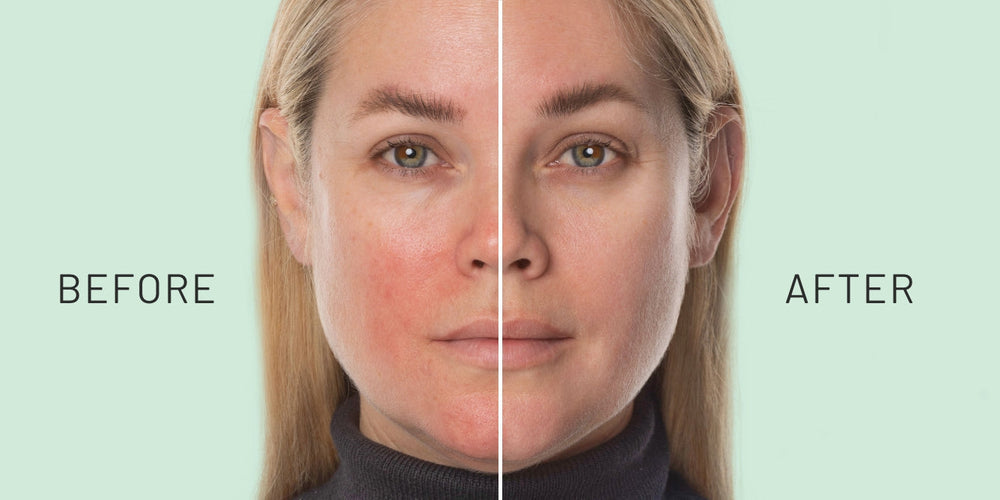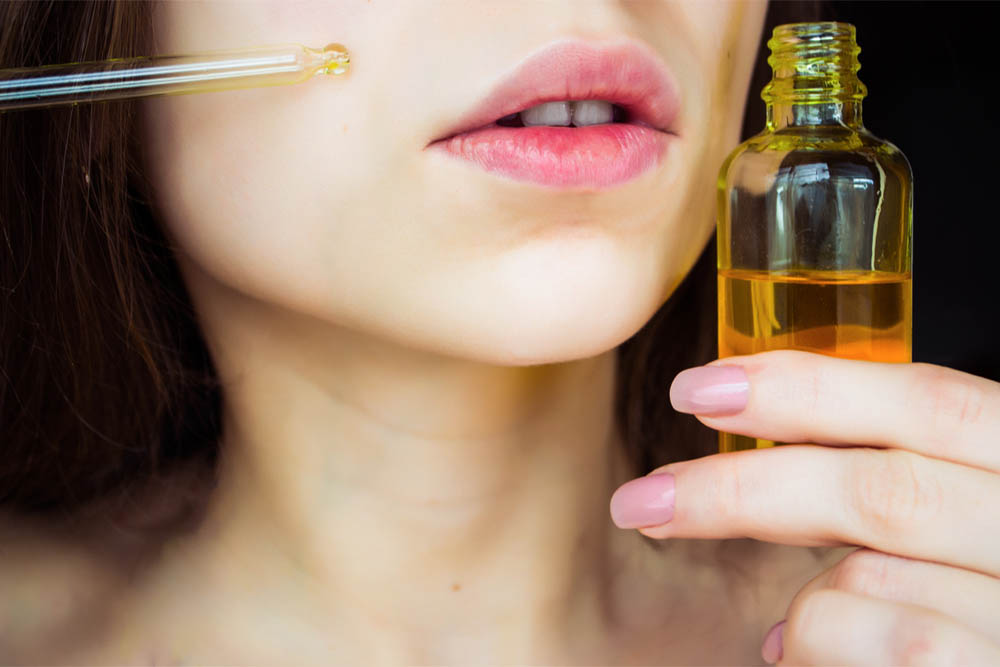Is sunflower lecithin safe for skin?
In the ever-evolving world of skincare, plant-derived ingredients are taking center stage for their natural efficacy and compatibility with all skin types. Among these, sunflower lecithin powder is gaining traction—not just as a supplement but as a powerful cosmetic and dermatological ingredient. But is it safe to use on your skin? And how does it compare to other emulsifiers or moisturizing agents?
In this comprehensive blog, we’ll explore everything you need to know about sunflower lecithin powder—what it is, how it interacts with the skin, its safety profile, benefits, and how it’s used in skincare formulations.
What Is Sunflower Lecithin?
Sunflower lecithin is a natural phospholipid extracted from sunflower seeds, usually through a cold-pressing or mechanical process that does not involve harsh chemicals. It is made up primarily of phosphatidylcholine, phosphatidylethanolamine, and phosphatidylinositol, all of which are key components of cell membranes in both plants and animals.
Unlike soy lecithin, sunflower lecithin is non-GMO, allergen-free, and solvent-free, making it a preferred alternative for people with soy allergies or sensitivities.
In powder form, sunflower lecithin is used as:
-
A dietary supplement for brain and liver health
-
An emulsifier in food and cosmetics
-
A moisture-retaining agent in personal care products

Is Sunflower Lecithin Safe for Skin?
The Short Answer: Yes, It’s Safe.
Sunflower lecithin is generally recognized as safe (GRAS) by regulatory agencies when used in cosmetics and topical applications. It’s non-toxic, non-comedogenic, and suitable for sensitive skin. Its phospholipid structure is biocompatible with human skin, meaning it integrates smoothly without irritation.
Let’s break down what makes it safe and effective:
-
Hypoallergenic: Free from common allergens like soy, dairy, and gluten
-
Non-irritating: Does not clog pores or trigger acne breakouts
-
Biodegradable and non-toxic: Environmentally friendly and skin-friendly
-
Stabilizing properties: Helps emulsify oil and water in skincare products without chemical additives
Because it mimics the natural lipids found in our skin barrier, sunflower lecithin actually reinforces the skin’s protective function, rather than disturbing it.

How Sunflower Lecithin Works on the Skin
Sunflower lecithin works as a multi-functional active and carrier ingredient in topical applications. Here's how:
1. Emulsifier and Penetration Enhancer
Lecithin helps blend oil and water-based ingredients in skincare formulations, improving texture and absorption. It also acts as a penetration enhancer, helping active ingredients travel deeper into the epidermis for improved efficacy.
2. Skin Barrier Support
The phospholipids in sunflower lecithin closely resemble those in human cell membranes, particularly the stratum corneum (outermost skin layer). Applying lecithin helps rebuild and maintain the lipid matrix, improving hydration and resilience.
3. Moisture Retention
Sunflower lecithin has occlusive properties, helping seal moisture into the skin without creating a heavy, greasy feeling. It is especially beneficial for dry, dehydrated, or mature skin.
4. Antioxidant Support
Rich in natural vitamin E and essential fatty acids, sunflower lecithin delivers antioxidant protection against free radicals, reducing signs of aging and environmental damage.

Key Benefits of Sunflower Lecithin for Skin
Deep Hydration
By mimicking skin’s natural lipids, sunflower lecithin improves moisture retention, leaving skin soft, plump, and nourished.
Skin Barrier Repair
It helps strengthen the epidermis, making it particularly useful for eczema, psoriasis, rosacea, or skin compromised by overexfoliation.
Enhanced Product Absorption
Sunflower lecithin improves the penetration of actives like retinoids, vitamin C, or niacinamide, making your skincare products more effective.
Anti-inflammatory Properties
It helps calm redness, irritation, and inflammation—making it safe even for those with sensitive or allergy-prone skin.
Smoother Product Texture
As a natural emulsifier, it creates smoother creams, lotions, and serums with a luxurious, silky finish.

Scientific Evidence Supporting Its Safety
Cosmetic Ingredient Review (CIR) Panel Findings
The CIR Expert Panel has reviewed lecithin and related phospholipids and concluded that lecithin is safe in current cosmetic use and concentration levels.
Dermatological Studies
Studies have shown that phospholipid-rich creams improve skin hydration, elasticity, and barrier recovery. Sunflower lecithin, due to its high phosphatidylcholine content, has been found effective in liposome-based drug delivery systems, further proving its compatibility and safety.

How It’s Used in Skincare Products
Sunflower lecithin powder is versatile and can be used in various skincare formats, including:
-
Moisturizers
-
Cleansing balms and oils
-
Facial serums and masks
-
Lotions and body butters
-
Lip balms and salves
-
Makeup products (BB creams, foundations)
It is often used at concentrations of 0.5% to 5%, depending on the formulation. It can be combined with other oils, emulsifiers, and active botanicals for synergistic benefits.

Who Can Benefit from Sunflower Lecithin on Skin?
Sunflower lecithin is gentle and effective for a wide range of skin types and concerns:
-
Dry or dehydrated skin: Enhances moisture retention
-
Sensitive or irritated skin: Calms inflammation and redness
-
Aging or mature skin: Improves elasticity and suppleness
-
Combination or oily skin: Balances oil while maintaining hydration
-
Compromised skin barrier: Repairs and strengthens natural defenses

Sunflower Lecithin vs. Soy Lecithin in Skincare
| Feature | Sunflower Lecithin | Soy Lecithin |
|---|---|---|
| Source | Sunflower seeds | Soybeans |
| Allergen-Free | Yes | No (contains soy proteins) |
| GMO-Free | Typically yes | Often GMO unless certified |
| Extraction Method | Mechanical, solvent-free | Often involves hexane |
| Phospholipid Content | High in phosphatidylcholine | Varies |
| Skin Safety | Excellent | Good, may cause allergies |
Sunflower lecithin is preferred for sensitive skin due to its allergen-free, clean-label properties. It’s also ideal for brands looking to market non-GMO, vegan, and natural skincare products.
Are There Any Side Effects?
Sunflower lecithin is generally well-tolerated on all skin types. However, a few considerations:
-
Patch test: As with any new skincare ingredient, perform a patch test to rule out rare allergic reactions.
-
Purity matters: Ensure the lecithin is cosmetic-grade and free from contaminants.
-
Storage: Store the powder in a cool, dry place to prevent oxidation or rancidity.
When used correctly, sunflower lecithin is safe, gentle, and effective, even on sensitive or compromised skin.

Conclusion
Sunflower lecithin powder is a skin-safe, non-toxic, and incredibly beneficial multifunctional ingredient. Whether you’re a skincare formulator or a conscious consumer, its blend of phospholipids, antioxidants, and skin-restoring properties make it a standout choice for modern formulations.
It’s not just safe—it actively supports skin health, enhances product performance, and aligns with clean beauty values. From boosting moisture and absorption to soothing inflammation, sunflower lecithin is a natural powerhouse your skin will thank you for.
Interested in sourcing high-quality sunflower lecithin powder for your skincare line or formulation needs?
We offer premium-grade, non-GMO sunflower lecithin powder with high phosphatidylcholine content, perfect for natural cosmetic applications.
Contact us today for bulk quotes, MSDS/COA documents, and formulation guidance. Contact us by e-mail: info@yanggebiotech.com
Send Inquiry
Related Industry Knowledge
- Hydrolyzed Mung Bean Protein: Redefining Plant-Based Wellness
- Versatile Uses of Pure Capsaicin Powder and Extract
- Uses of Pure Capsaicin Powder and Extract
- Resveratrol Powder For Health and Skin Benefits
- Pure Psyllium Husk Powder Health Benefits
- Triple Magnesium Complex Health Benefits
- Blue pea powder
- BCAA
- hemp protein benefits for skin


